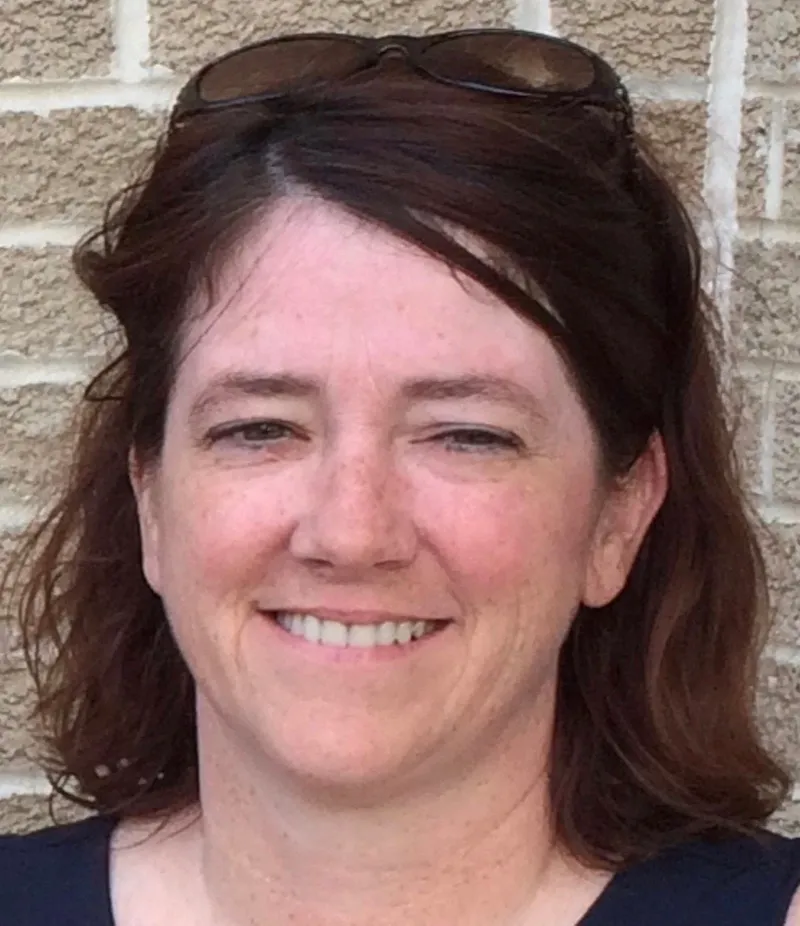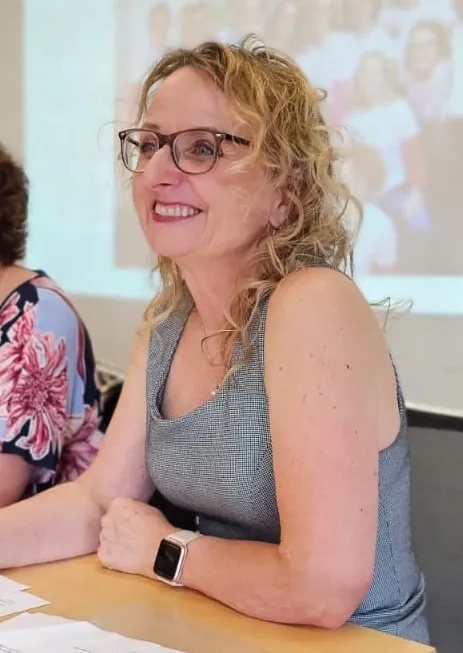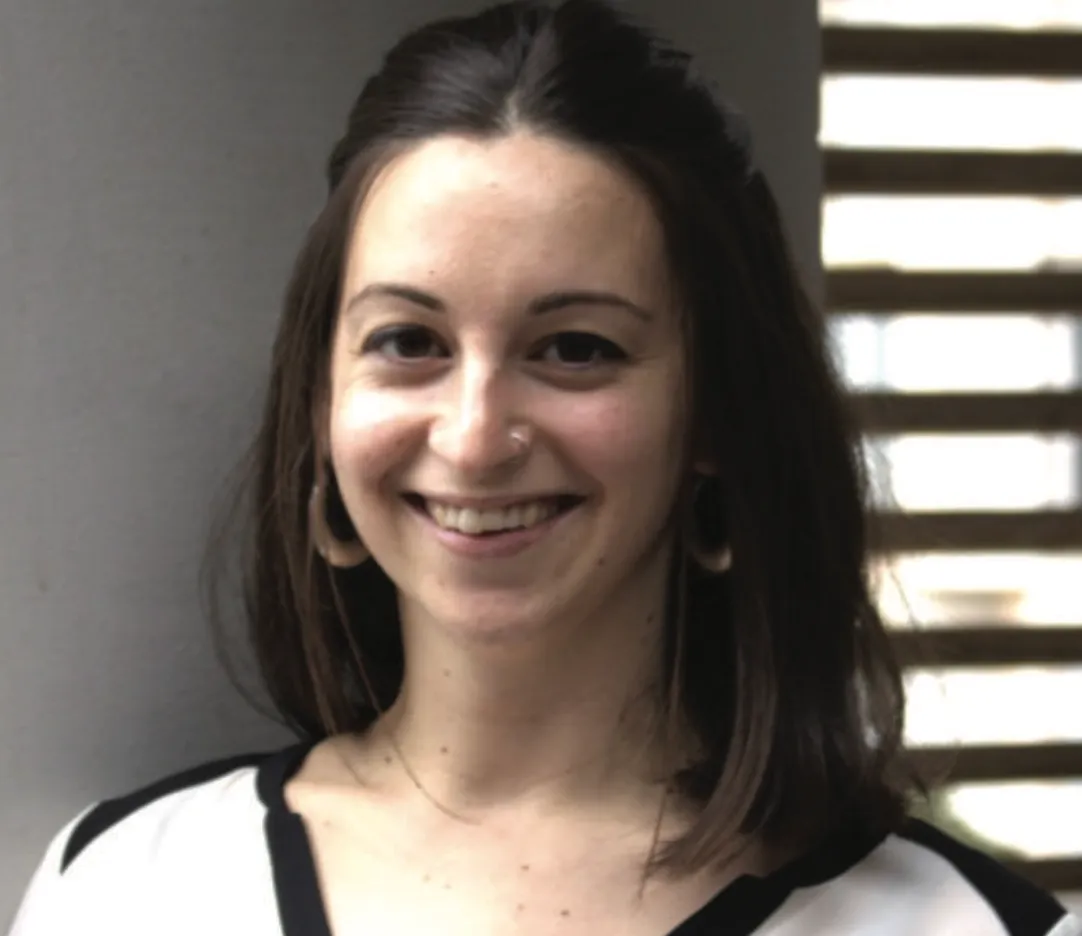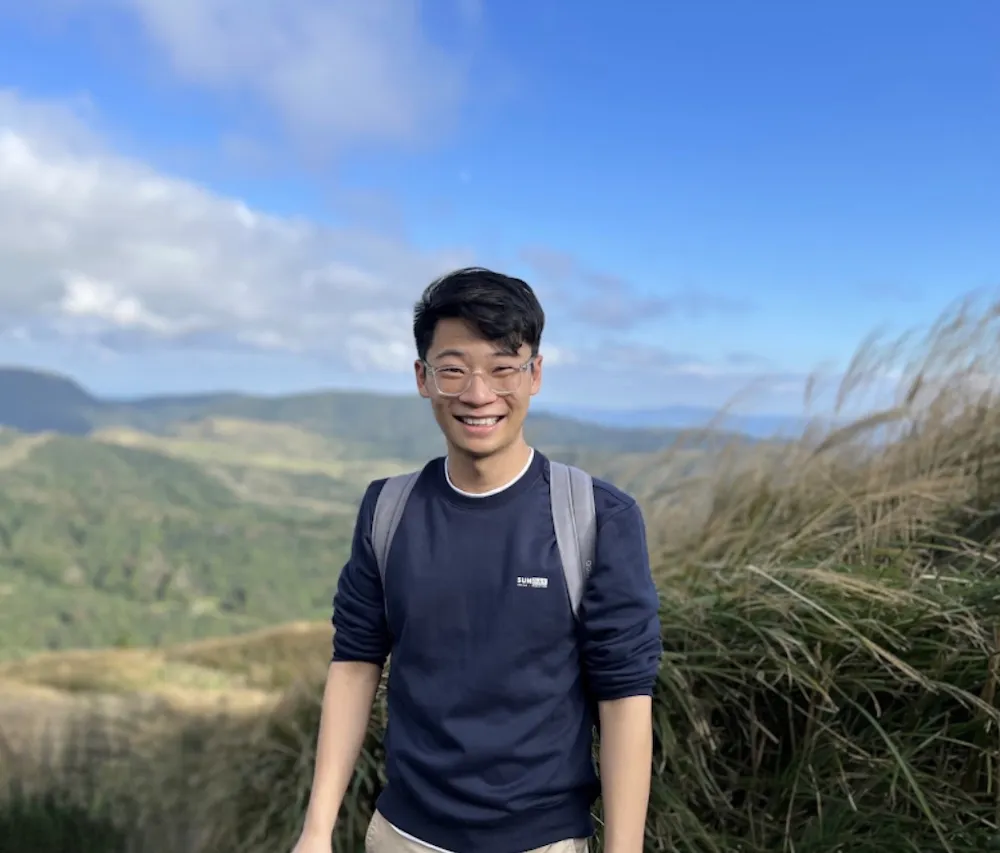EMERGING DISCOVERIES
NOVEL THERApy pROMISES FASTER RELIEF FOR pEOpLE LIVING WITH bIOCHEMICALLy RECURRENT pROSTATE CANCER
BY NSISONG ASANGA
For decades, androgen deprivation therapy has been the backbone of treatment and standard of care for prostate cancer patients. Recently, researchers began to explore ways to get better outcomes than the standard of care.

Photo credit: Freepik.com
Enzalutamide, an androgen receptor inhibitor that was well tolerated by most patients, seemed a promising candidate drug for better outcomes. Dr. Stephen Freedland was the principal investigator on the EMBARK study—a large study designed to compare the effects of enzalutamide along with ADT and enzalutamide alone to ADT alone.1
The study found that enzalutamide, whether used alone or in combination, significantly prolonged the metastasis-free survival of patients and had no negative impact on the patients’ quality of life.
Oncology Compass spoke with Dr. Freedland to gain more insights into EM- BARK and its implications for the larger oncology community.
OC Digest:
Tell us a little about yourself.
Dr. Stephen Freedland:
I am a urologist and a professor of urology at Cedars Sinai Medical Center, Los Angeles as well as the Durham VA Hospital in Durham NC.
I am very focused on prostate cancer and trying to make our patients live better and longer.
OC Digest:
Tell us more about your work with the clinical trials, prostate cancer, and enzalutamide.
Dr. Stephen Freedland:
Enzalutamide is a drug that blocks testosterone from binding to receptors and activating genes. And we know this pathway is very important for prostate cancer. Enzalutamide has also been shown to have benefits in many stages of prostate cancer therapy and to improve survival for patients.
We wanted to ask if we could use this agent even earlier than when it’s currently being used. And would that lead to improved outcomes and maybe much better outcomes by using it earlier?
OC Digest:
That’s fascinating. But what led you to enzalutamide? What made you consider that particular agent?
Dr. Stephen Freedland:
There were a number of reasons this agent stood out to us. First, it is an oral drug. Second, it is taken once a day.
Third, it is pretty well tolerated. Of course, we know that every medication has side effects, but enzalutamide has been on the market for over 10 years, and we are quite familiar with the different side effect profiles. Also, patients can be on it for years and tolerate it pretty well.
And importantly, it is very effective and strongly blocks testosterone and other androgens from binding to its receptors.
So, we have a potent drug that is orally available and reasonably well tolerated. So, it was a great agent to attempt using even earlier in the disease process.
OC Digest:
What was the most challenging aspect of putting together this kind of clinical trial?
Dr. Stephen Freedland:
Our greatest challenge was just learning patience.
We had to wait and see what the outcomes would be. For a disease such as this, time is a major factor because you don’t have the development of metastases within a year for everyone. Each case is different.
We enrolled thousands of people in the study. And then, we had to wait several years until the results came out.

Dr. Stephen Freedland, Professor of Urology at Cedars Sinai Medical Center, Los Angeles
Tremendous thanks to the companies who sponsored the study–Pfizer and Astellas Pharma, for having that commitment. The time from enrolling the first patient until we saw the results was over eight years.
OC Digest:
What do you think the results of this study mean for the practice of prostate cancer treatment?
Dr. Stephen Freedland:
I have two thoughts on this.
One is specific to prostate cancer patients and what we can now offer them, which is better than the high risk of biochemical occurrence with failed surgery or radiation. We now know that adding enzalutamide with or without hormonal therapy can delay metastasis or death and preserve quality of life. And for these patients, this is highly impactful. It is a major step forward.
The second is that, more broadly, we have been able to advance practice.
I think this study is more in that line of logic. And the argument we made to move the use of enzalutamide even earlier. We argued that when the time is right to start hormonal therapy, we can use enzalutamide with or without ADT.
Of course, there are always exceptions to every rule, but for most patients, ADT alone is not good enough.
So again, I think the patient population is going to benefit. Ours is not the first study to show benefits, but it is the first to show the benefits at an early stage and show that even at that early stage, ADT alone is not good enough.
"For 80 years, androgen deprivation therapy has been the mainstay of treatment for this cancer. We have evolved, but the concept has not changed in 80 years. Multiple studies are now coming out to say that ADT alone is not good enough; we can do better."
OC Digest:
So what’s the next stage now? I saw an article where you said US Food and Drug Agency (FDA) approvals were being awaited. Has that changed?
Dr. Stephen Freedland:
Yes, we received FDA approval a few weeks ago.
OC Digest:
Congratulations!
Dr. Stephen Freedland:
Thank you. It is pretty exciting. Both enzalutamide in combination with ADT and enzalutamide alone have been approved for use by the FDA.
It is the first time a novel hormonal agent in the class enzalutamide falls into has been approved for this purpose.
There are a few other drugs in that class, but this is the first one ever approved for monotherapy in any disease state using the oral drug alone. That’s a great change.
Looking back to our work in prostate cancer treatments 20-30 years ago, we didn’t have the right drugs at the time, even though we knew the science.
There was concern about more toxicity than benefits. But now we have come up with better agents that can better block the androgen receptor.
Also, we are picking the right patients to study, and we see significant benefits.
Presently, I think there are ongoing studies for advanced prostate cancer asking do we even need the ADT anymore?
So, on multiple levels, I think this study is potentially game-changing, not just for patients in this disease space but conceptually for the field of prostate cancer treatment.
OC Digest:
Any parting thoughts?
Dr. Stephen Freedland:
Yes, I think providers need to know about the side effects of the drug. It is generally well tolerated, but we have noticed hot flashes, muscle and joint pain, memory issues, and breast tenderness.
Also, I think the arguments for choosing this regimen are very strong. We are continuing to follow up with patients to assess overall survival, and the trends are certainly promising and reassuring. It looks like the overall survival is improving, but it is still a very early look at the data.
So, we need to keep following the patients to keep learning more as we dive deeper into the data and understand the nuances more.
Finally, I think the study’s process is appealing to patients. Something really unique about EMBARK is that there are 8-9 months of aggressive treatment, and those with a good response have therapy stopped and get a treatment holiday. Patients don’t have to be on the drugs for years and years.
I think it is a unique angle: let’s be aggressive for a few months, and then we stop and see how it works. I think this will appeal to people.
In the end, I think there are plenty of appealing aspects to this study and the data it has yielded. Hopefully, it is going to get widely adopted and ultimately lead to better outcomes for our patients.





















